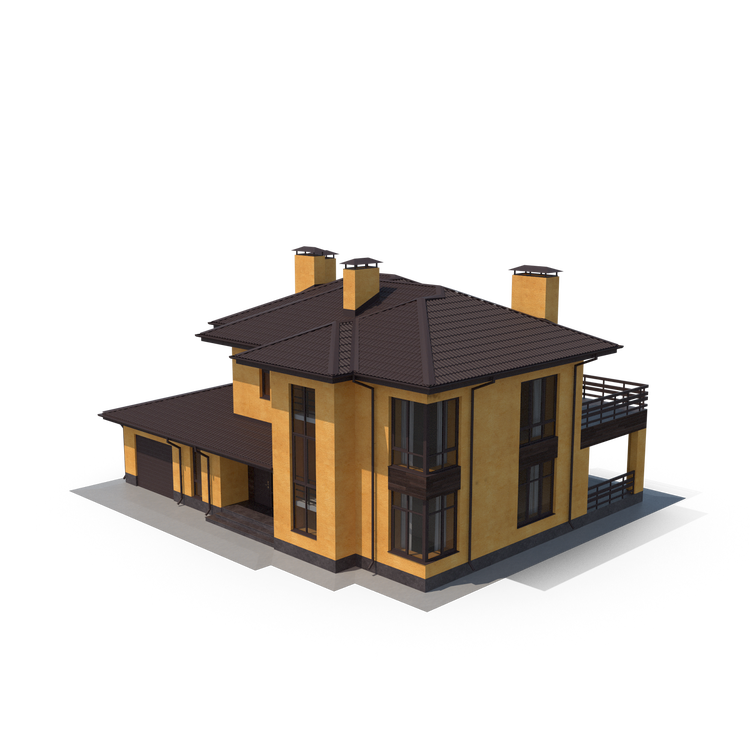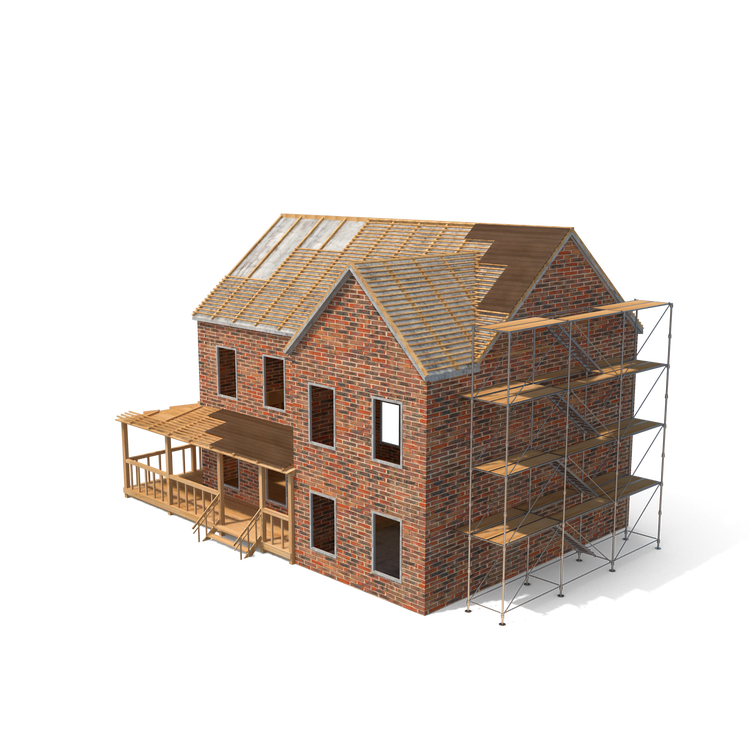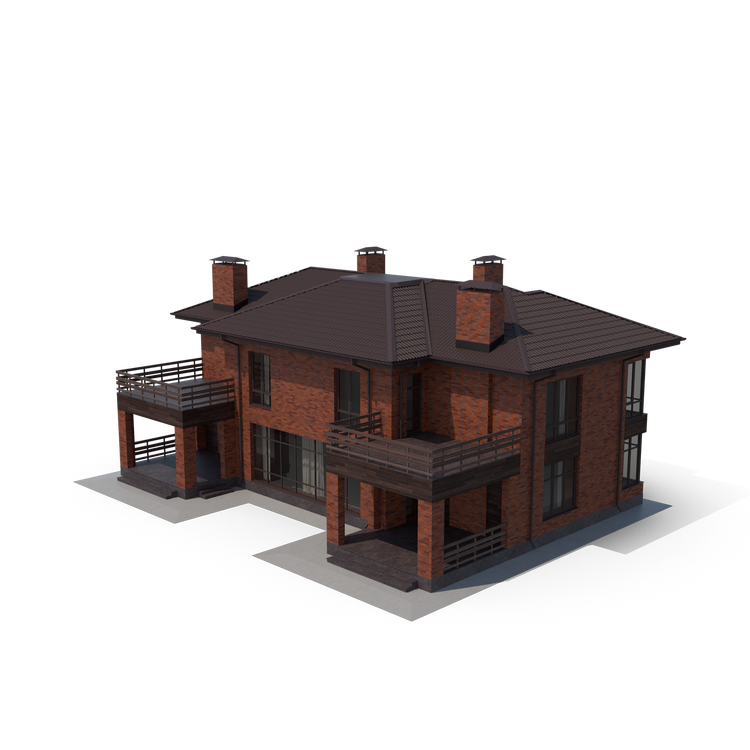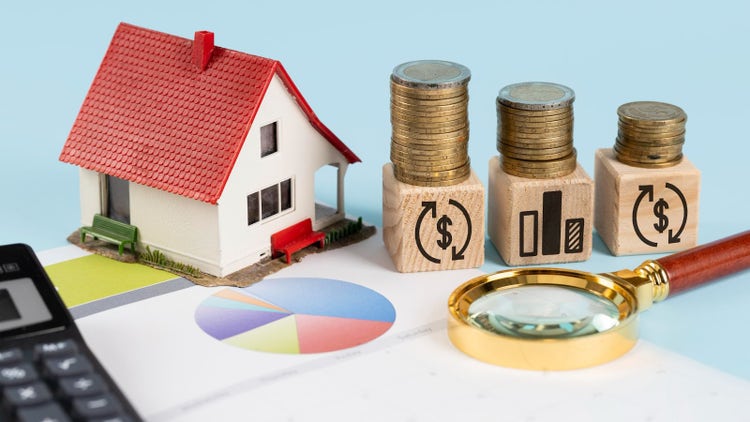Infrastructure Development

Road Construction and Renovation
|
✅ Road construction involves the planning, design, and building of roads for transportation purposes. It includes creating the base, sub-base, and surface layers to support vehicular traffic efficiently and safely. ✅ Road renovation refers to the repair, resurfacing, or upgrading of existing roads to improve safety, durability, and driving comfort. It helps extend the lifespan of the roadway and adapt it to changing traffic needs. |
Other Civil Engineering Projects
|
✅ Other civil engineering projects include dams, bridges, tunnels, airports, and water supply systems. These projects are vital for transportation, energy, water management, and public safety. Each requires specialized planning, structural design, and coordination across multiple engineering disciplines. ✅ They play a crucial role in supporting economic growth and improving the quality of life.Additionally, they enhance regional connectivity and ensure the efficient delivery of essential services. |
Why Choose TTM Homes?

✔ End-to-End Villa Solutions –
From foundation to final interior touches.
We handle everything from the foundation to the final interior touches, ensuring a seamless home-building experience.

✔ Premium Craftsmanship –
Superior materials and skilled professionals.
We use superior materials and employ skilled professionals to deliver high-quality construction and interiors.

✔ On-Time Delivery –
Efficient project management for timely completion.
Our efficient project management ensures that every project is completed within the scheduled timeline.

✔ Affordable & Transparent Pricing –
No hidden costs, just quality work.
We offer fair and transparent pricing with no hidden costs, delivering exceptional quality within your budget.
Quick Answer
Before starting villa construction, consider:
- Location and land size.
- Budget and financing options.
- Architectural design and layout.
- Essential utilities (water, electricity, sewage).
- Future expansion possibilities.
The timeline varies based on size, design, and materials. On average:
- Standard villas: 8 to 12 months.
- Luxury villas with custom designs: 12 to 24 months.
For durability and aesthetics, villas often use:
- Reinforced concrete for structure.
- Bricks or aerated blocks for walls.
- Wood, marble, or tiles for flooring.
- High-quality glass for windows and facades.
- Sustainable materials for eco-friendly homes.
To enhance energy efficiency, consider:
- Solar panels and rainwater harvesting.
- High-quality insulation and energy-efficient windows.
- Smart home automation for lighting and temperature control.
- Natural ventilation and proper orientation to reduce electricity use.
Modern villa trends include:
- Minimalist and open-space designs.
- Infinity pools and rooftop terraces.
- Sustainable and green building concepts.
- Smart home technology integration.
- Private gardens and outdoor lounging areas.